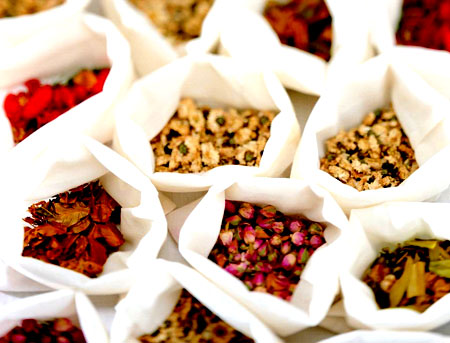Eating Clean Seasonally
Eating Clean Seasonally
It is general knowledge that we all ought to live healthier lives by observing certain uncomplicated dietary rules. These are things we do not have to be taught. We just know through simple intuition that taking excess sugar is unhealthy, consuming too much fat can be fatal in the long run, eating excessive salt could cause life threatening diseases like diabetes among others.
We hear these things every day. We meet these warnings almost everywhere we go. Yet, it is very much obvious that most youths around the world continue to take processed foods that are high in sugar, cholesterol and salt.
You find the head of a family suffering from diabetes. He no longer takes tea with sugar. Oftentimes we would assume that that is a close lesson for the rest of the family that are still healthy to take caution when approaching the amounts of these nutritional contents as found in their daily regimens.
Yet that is not the case. The youngster in the same family still views the father’s case as an old man’s destiny; something far from their own course. So the girl of the house proceeds to observe a portion of fries in her daily routine and the boy keeps on with his double-the-required-amount of sugar for his everyday tea.

The results? Teenage vulnerability. Even if they do not directly begin to suffer the ultimate diseases such as diabetes, they often experience a variety of ulcers and other frequent disorders. Chances are that even after starting to suffer such ailments these young folks still find it hard to change course and observe healthier diets.
Stubborn generation
It is not sufficient to say that the youth are the people who do not eat clean diets. That would actually be preposterous. Yes there might be difficulty establishing a clear-cut age line separating youth from adulthood. But we can seek logic to help us go about this topic. It is not decent language to refer to some married fellow with a family in his mid-thirties as youth! In my view that is just not good.
These are the people who are highly affected, second only to the teenagers. At this age you find that the person is stably employed or is running some successful business. Money is not a problem. So what does he do?
Out he goes every evening after work to drink with colleagues; members of the same age bracket. They drink a lot of vodka and eat roasted meat. As a routine. Surrounded by a bunch of willing ladies who take shifts for different days.
Another breed also take beer as a staple food. They let their bellies develop into a pot and get proud of it. Then they do no exercise to burn the excess fats and cholesterol.
What then will contrast this generation of people from that of the teenagers who do not have much money but get enough for their daily fast foods? Bottom line: both have inappropriate eating habits.

Eating clean
What then does eating clean entail? Of course there are certain world cultures that observe healthy eating habits. This is why you will seldom find overweight people in Japan. Their diet is highly comprised of sea foods and vegetables and just like the Chinese, food to them is majorly regarded from a healing perspective.
This is in contrast to the Western, and specifically American culture where most of the food that make their diet consist of processed materials, candy, fried foodstuffs or soda that are basically low in nutrients.
The Mediterranean is another region that can be said to observe safe eating styles throughout the seasons. Diet here majorly comprises of green vegetables in large quantities, nuts, fresh fruits, beans and varieties of fish. From a health perspective such diets contain healthy antioxidants and the beta-carotene which are the best for disease prevention.
Generally speaking then, we all need to try pursuing some form of traditional eating lifestyles seasonally in order to stay healthier. Diets that are enriched with fruit varieties, vegetables, lean proteins and natural oils may just be the ideal culinary composition for the contemporary mankind.
Eating Clean Seasonally














